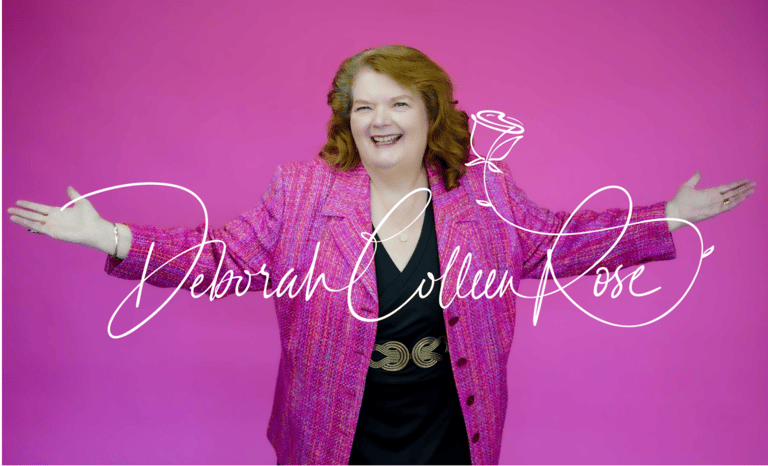Have You Apologized to Your Child?
RELATIONSHIPS
Deborah Colleen Rose
10/2/20252 min read
Parenting is often described as the hardest job we’ll ever love. We give years of our lives to raising children—sleepless nights, endless worries, and countless sacrifices. And yet, even with the best intentions, we fall short. Sometimes we miss the mark not because we didn’t care, but because we didn’t fully understand who our child was or what they needed.
And if we’re honest, sometimes we allowed things we shouldn’t have. Maybe we looked the other way when the other parent or a stepparent was unkind in subtle ways. Maybe we repeated patterns of our own upbringing without realizing how deeply they cut. These things leave echoes in our children, even into adulthood.
So the question becomes: have you apologized to your child?
Why an Apology Matters
Many parents resist apologizing, afraid it will weaken their authority or reopen old wounds. But the opposite is true. A sincere apology is not about groveling or rewriting history—it’s about healing.
When we apologize, we give our children permission to name their pain, to know they weren’t imagining it, and to believe they are worthy of respect. It bridges the silent gap that too often grows between parent and child.
An apology is not just words—it’s an act of restoration.
Steps to Making Amends
Reflect Honestly
Sit with the uncomfortable truth of where you fell short. Was it impatience? Dismissing their uniqueness? Allowing others to mistreat them? Write it down if you need to. Naming the failure clearly is the first step toward redemption.Initiate the Conversation
Don’t wait for the “right moment.” Reach out. A simple, “I’ve been reflecting on my parenting and I realize I hurt you in ways I didn’t see then. Can we talk?” opens the door.Listen Without Defending
This is the hardest part. When your child tells you how they experienced you, resist the urge to explain it away. Their reality may not match your intentions—and that’s okay. What matters is their lived experience.Apologize Specifically
A vague “I’m sorry if I hurt you” is not enough. Be clear: “I’m sorry I minimized your sensitivity when you were younger,” or “I’m sorry I didn’t protect you when others spoke harshly to you.”Ask What They Need Now
Sometimes it’s simply acknowledgment. Sometimes it’s reassurance. Sometimes it’s changed behavior in how you relate to them today. Let them guide you.Commit to Change
An apology is hollow if nothing shifts. Demonstrate through your actions that you’ve grown. Respect their boundaries, honor their individuality, and let your present relationship show your sincerity.
The Redemption of a Late Apology
It’s never too late. Whether your child is fifteen or fifty, your words still carry weight. An apology may not erase the past, but it reshapes the present and redeems the future. It tells your child: You matter enough for me to face my failures.
Even grown children carry the little child inside them who longed to be seen, heard, and protected. When we apologize, we finally reach that child. And in doing so, we free not only them—but ourselves.
